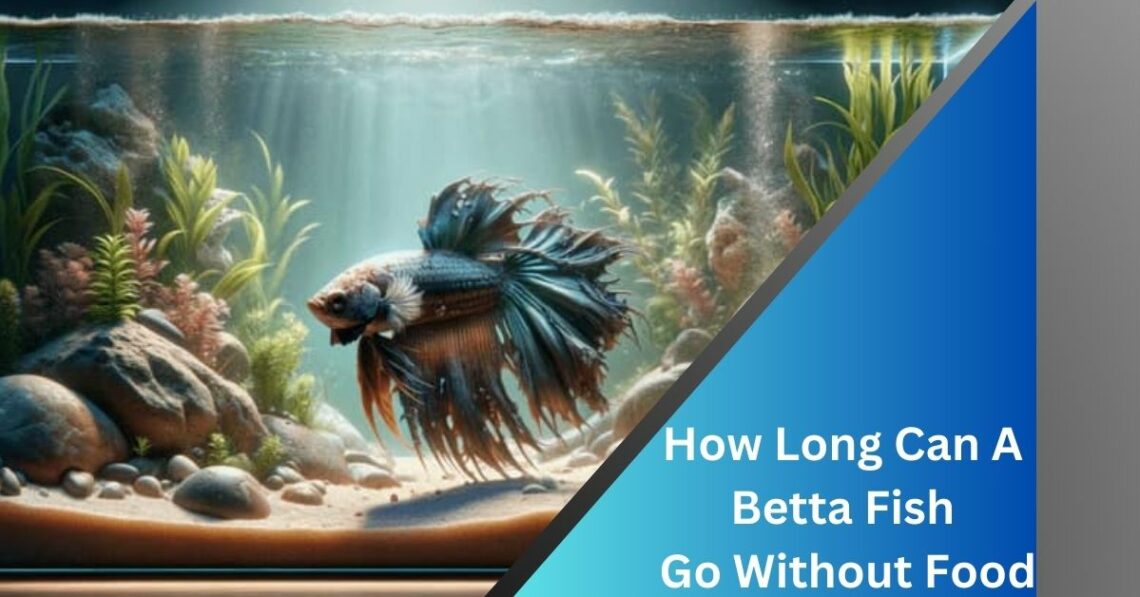
How Long Can A Betta Fish Go Without Food? -Unlocking The Secrets!
Betta fish are colorful and exciting pets that many love to have at home. As responsible pet owners, it’s important to know what they need, especially regarding their food. One common question people ask is: How long can a betta fish go without food
Usually, a betta fish can go without eating for about 10 to 14 days. But leaving them without food for that long is not a good idea. Here are some easy tips to ensure your betta fish stays happy while you’re away.
In this detailed guide, we’ll explore everything you need to know about taking care of bettas. We’ll clear up any confusion and help you become a knowledgeable betta fish owner.
Table of Contents
ToggleThe Resilience Of Betta Fish – A Survival Tale!
Understanding How Betta Fish Work:
Betta fish, scientifically known as Betta splendens, come from Southeast Asia, where they live in places with changing water and not always enough food. Because of their history, bettas can handle different situations well.
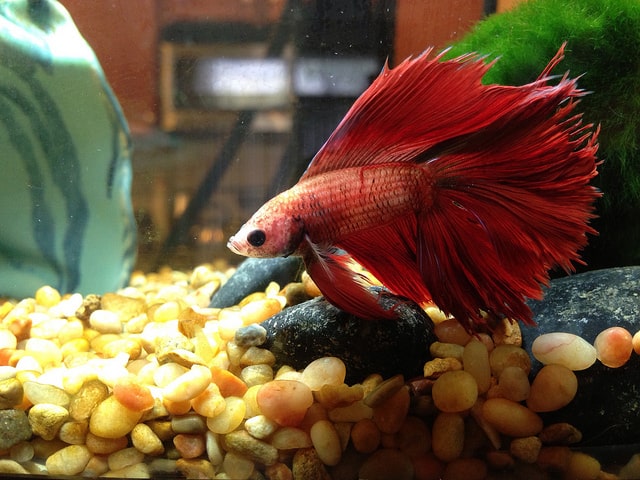
Unlike many other fish, bettas have a unique organ called a labyrinth that lets them breathe air from above the water. This special ability helps them survive when there’s not much oxygen in the water for a short time.
Getting the Facts Straight – What’s True and What’s Not:
Some people think betta fish can go without food for a long time without any problems. While bettas are tough and can handle short periods without eating, it can seriously hurt their health if you don’t give them food for too long.
It’s important to find the right balance between their natural ability to handle things and ensuring they get the food they need.
Read Also: THINGS TO DO IN AMARILLO, TX – UNVEILING!
Factors Influencing Fasting Duration – Need To Know!
- Age: Younger betta fish usually eat more often because they metabolize faster. It’s like how kids need to eat more frequently than grown-ups.
- Health: If a betta fish is healthy, it can go without food for longer. But if it’s not feeling well or is weak, it might need to eat more regularly to stay strong.
- Water Temperature: The temperature of the water matters too. If the water is warm, a betta’s body works faster, so it might need food more often. It’s similar to how you might get hungry quicker on a hot day.
What Happens If Betta Fish Don’t Eat? – Check It!
If your Betta fish goes without food for a short time, it can be good for them. Skipping a meal or two helps their bodies get rid of waste.
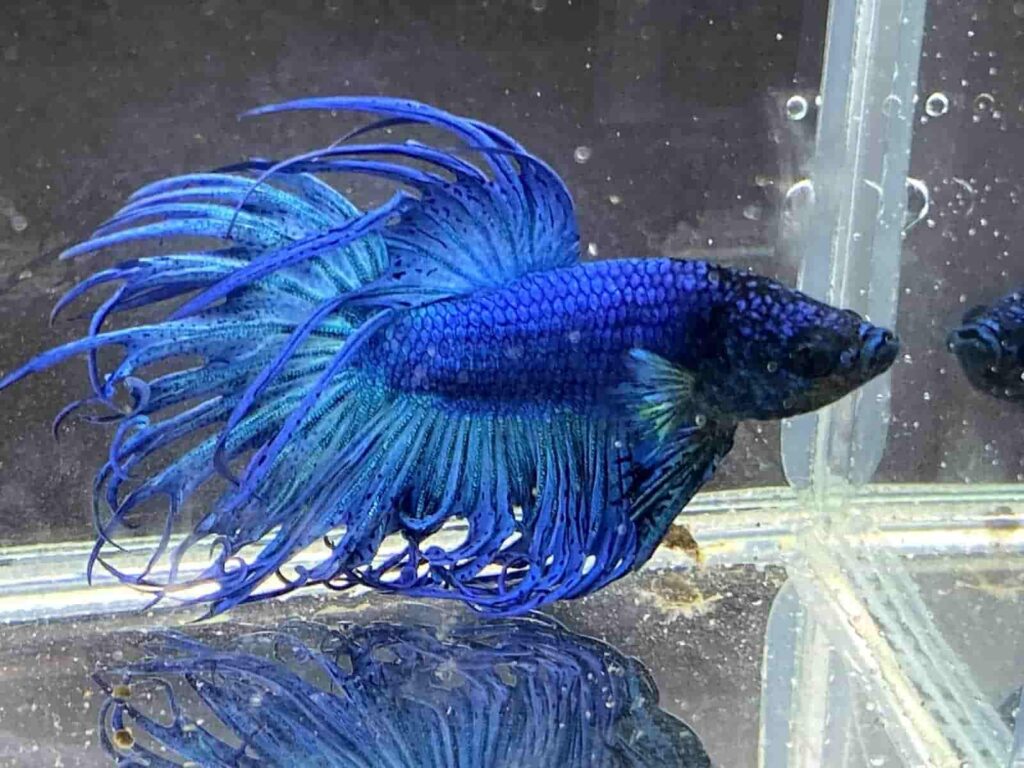
Some Bettas are put on a diet where they fast for a day or two, especially if they are sick or feeling bloated. This short break from eating can be helpful for their health.
But it’s not good if your Betta doesn’t get food for too long. Just like us, they need food for energy and nutrients. If they don’t eat for a while, they become weak and lazy. They might not move much and could die within two weeks if they don’t get food. So, it’s important to make sure they are fed regularly.
Read Also: LISA GROHL – THE AWESOME MUSIC JOURNEY!
Tips For Responsible Betta Feeding Practices -Take A Look!
Making a Routine for Feeding:
It’s important to give your betta fish food regularly to keep it healthy. Feed it two small meals daily, using good-quality betta pellets or flakes. Don’t give it too much food, though, as that can make it overweight and cause health problems.
Adding Different Foods to the Menu:
Bettas usually eat pellets or flakes. But mixing things up is good. Sometimes, treat them like frozen or live foods, such as bloodworms or brine shrimp. This adds extra nutrients and makes their meals more interesting.
Using Automatic Feeders for Busy Days:
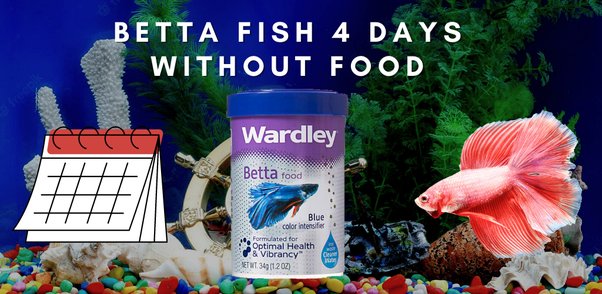
If you’re busy and can’t always feed your betta at the same time, automatic feeders can help. These machines give out the right amount of food at set times, so your betta gets fed even when you’re not around. It’s a helpful tool for keeping your betta happy and healthy.
Read Also: REALM SCANS – ANNOUNCING THE REVEAL!
How To Keep Your Betta Healthy While Away – Must Know!
1. Use an Automatic Feeder:
- Feeding your Betta regularly is crucial, even when you’re away.
- Invest in an automatic feeder to dispense small amounts of food at set times.
- Ensure it’s well-calibrated to prevent overfeeding, which can harm your fish.
2. Test Your Automatic Feeder:
- Before leaving, check that the automatic feeder works correctly.
- Choose a high-quality feeder to avoid potential issues and water pollution.
3. Provide a Varied Diet:
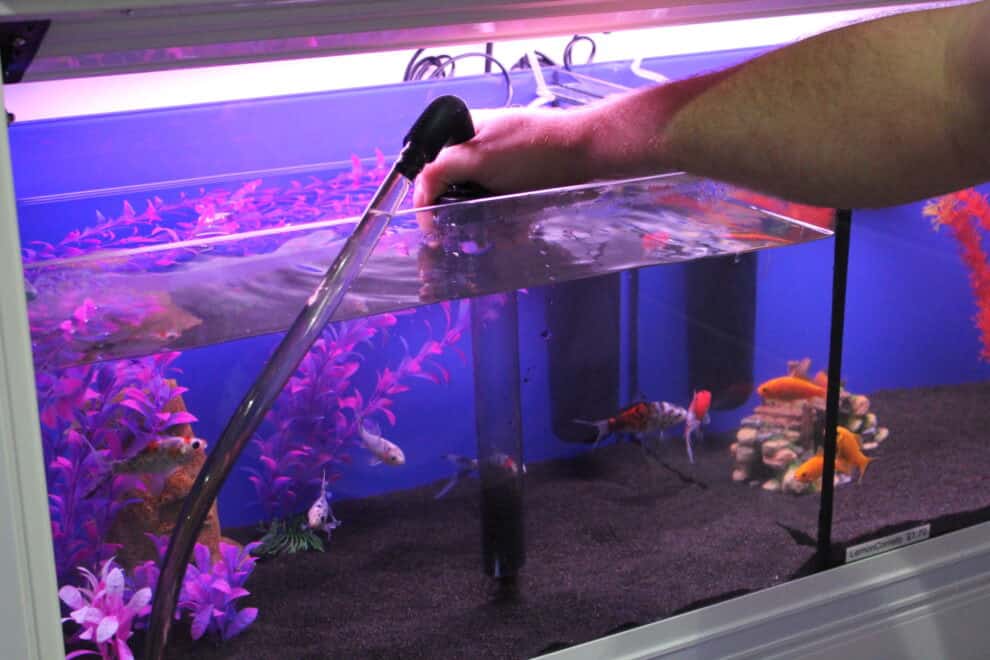
- Maintain your Betta’s health by offering a mix of high-quality dry and wet foods.
- Include occasional treats like brine shrimp or bloodworms for added nutrients.
4. Do a Partial Water Change:
- Clean and refill your Betta’s tank before you leave, with at least a 50% water change.
- Use a water conditioner to remove chlorine and other contaminants.
5. Double-Check the Environment:
- Ensure your Betta’s tank is in a cool, well-ventilated area.
- If you live in a cold place, use a heater to maintain a stable temperature.
- Avoid direct sunlight and strong heat sources to prevent drastic temperature changes.
6. Consider a Tank Mate:
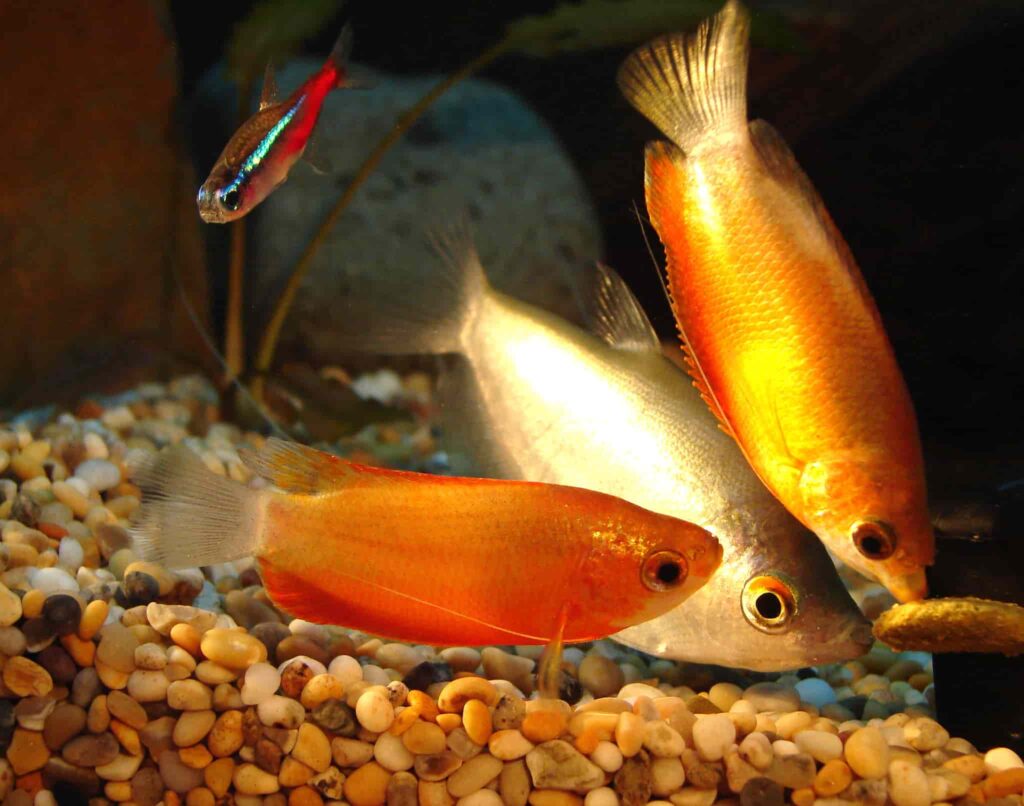
- If you’ll be away for an extended period, consider getting a tank mate for your Betta.
- Choose a compatible species to provide stimulation and companionship.
7. Ask Someone to Check:
- While an automatic feeder helps, if you’re away for an extended time, have someone check on your Betta at least weekly.
- This ensures someone can address issues and ensure your Betta’s well-being.
Read Also: VANESSA WEST.TRIPOD – A VISUAL JOURNEY!
Frequently Asked Questions:
1. Can I Leave My Betta Without Food While on Vacation?
While bettas can tolerate short-term fasting, leaving them without food for an extended vacation is not advisable. Ask a reliable friend, family member, or neighbor to feed your betta or invest in an automatic feeder.
2. What Happens if I Overfeed My Betta?
Overfeeding can lead to digestive issues, obesity, and poor water quality. Follow a controlled feeding schedule, and observe your betta’s behavior to determine the appropriate portion size.
3. Are Live Foods Necessary for Bettas?
Live foods provide essential nutrients and mental stimulation. While not necessary for their core diet, occasionally incorporating live or frozen treats can contribute to their overall well-being.
4. Can Bettas Eat Human Food?
Avoid feeding bettas human food, as many items may harm them. Stick to specialized betta pellets or flakes to meet their nutritional requirements.
Conclusion:
In taking care of betta fish, knowing what they need is crucial. By adopting responsible feeding practices, introducing variety into their diet, and utilizing modern conveniences like automatic feeders, you can get on a journey of betta care mastery.
Let’s Promise to Learn and Care for Bettas, Creating a Special Connection Beyond the Fish Tank.
Read Also:
You May Also Like

Garmin Fenix 8 Release Date – Click For Details!
January 29, 2024
Violet Lyrics – A Complete Guide Book!
December 18, 2023

